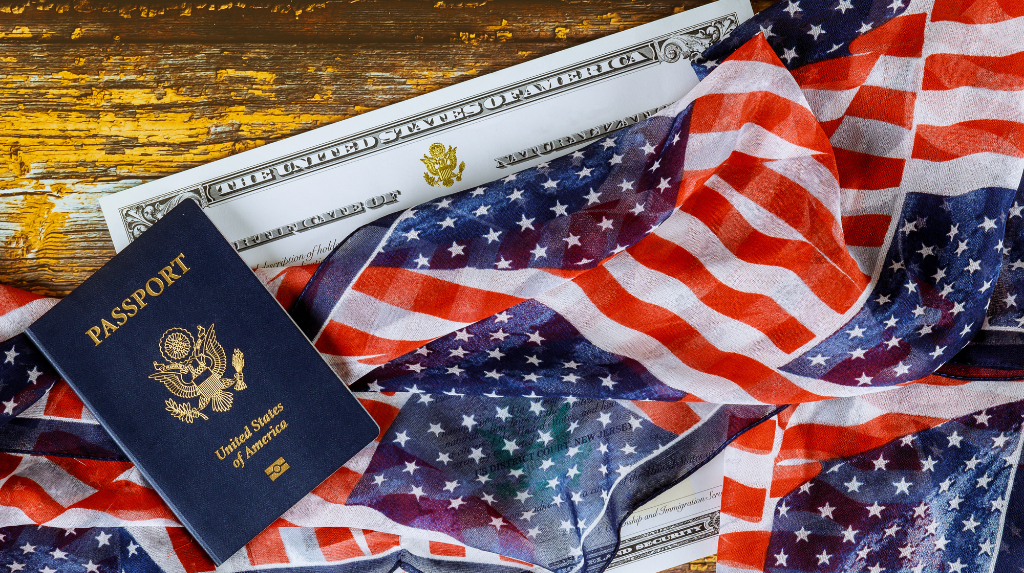The Violence Against Women Act is a vital law that protects immigrant spouses and children of U.S. citizens and permanent residents from abuse and exploitation. This guide explores its eligibility criteria, the application process, and the benefits it offers to survivors of domestic violence.
Vulnerability of Immigrant Spouses and Children
Before the act was enacted in 1994, immigrant spouses and children often found themselves trapped in abusive situations. Abusers, who were U.S. citizens or lawful permanent residents, could threaten to withhold support for their victims’ green card applications, leaving them powerless and trapped.
The Empowering Solution
VAWA changed this by introducing self-petitioning, which allows survivors to apply for a green card on their own and this shift enabled them to gain control over their immigration status independently, provided they could prove their history of abuse.
Eligibility
Who Qualifies for a Green Card Under VAWA?
The movement protects spouses and children who have been abused by their U.S. citizen or lawful permanent resident sponsors. This provision ensures that survivors no longer need to endure abuse to secure their immigration status.
Waivers and Exceptions
VAWA helps self-petitioners overcome various immigration barriers, making it easier for survivors to obtain a green card by recognizing the unique challenges they face.
Cancellation of Removal
It also allows certain victims of domestic violence facing deportation to petition to stay in the U.S. with a green card, providing a lifeline for those in desperate need of protection and stability.
Applying for a VAWA-Based Green Card
The I-360 Petition: A Two-Step Process
Survivors can navigate this journey independently, without needing their abusive spouse or parent.
Gathering Compelling Evidence:
Success in a VAWA petition relies on presenting compelling evidence of abuse and meeting eligibility requirements. Submitting a convincing case to the U.S. Citizenship and Immigration Services (USCIS) is essential.
Document Checklist:
A comprehensive checklist of necessary documents related to abuse helps survivors present a strong case in their VAWA application.
Mitigating Removal Proceedings
Filing an I-360 VAWA petition typically does not lead to removal proceedings, but there are exceptions. Navigating this process carefully is crucial.
The Role of an Immigration Lawyer
Although VAWA provides a way for abused spouses to seek a green card, many survivors face financial constraints. Understanding when and why to seek legal representation is important for successfully winning a case.
Exploring Alternatives: U Visa vs. VAWA
U.S. immigration law offers alternatives like the U Visa for crime victims who assist law enforcement. Knowing the differences between these options is crucial.
Eligibility for U Visas
U Visas are available to crime victims who provide valuable information to authorities, offering another avenue for protection.
After VAWA Approval
Green card holders who obtained their status through VAWA can apply for citizenship after only three years, an exception to the usual naturalization rules.
The Violence Against Women Act is a beacon of hope for immigrant spouses and children who have suffered abuse. It empowers survivors to break free from their abusers and secure a safe future in the United States. Understanding the eligibility criteria, application process, and alternatives is crucial for those seeking protection and justice. In a world where safety and security are paramount, VAWA offers a path to a brighter future for those who have endured the darkness of abuse. For more information consult legal experts and immigration professionals for personalized guidance.





